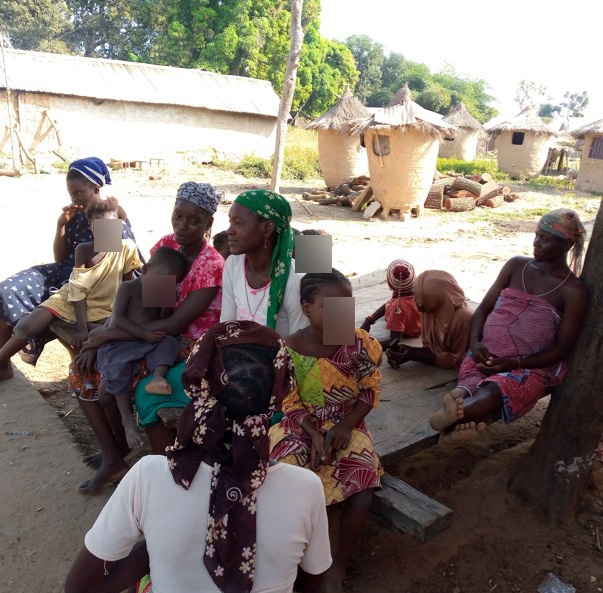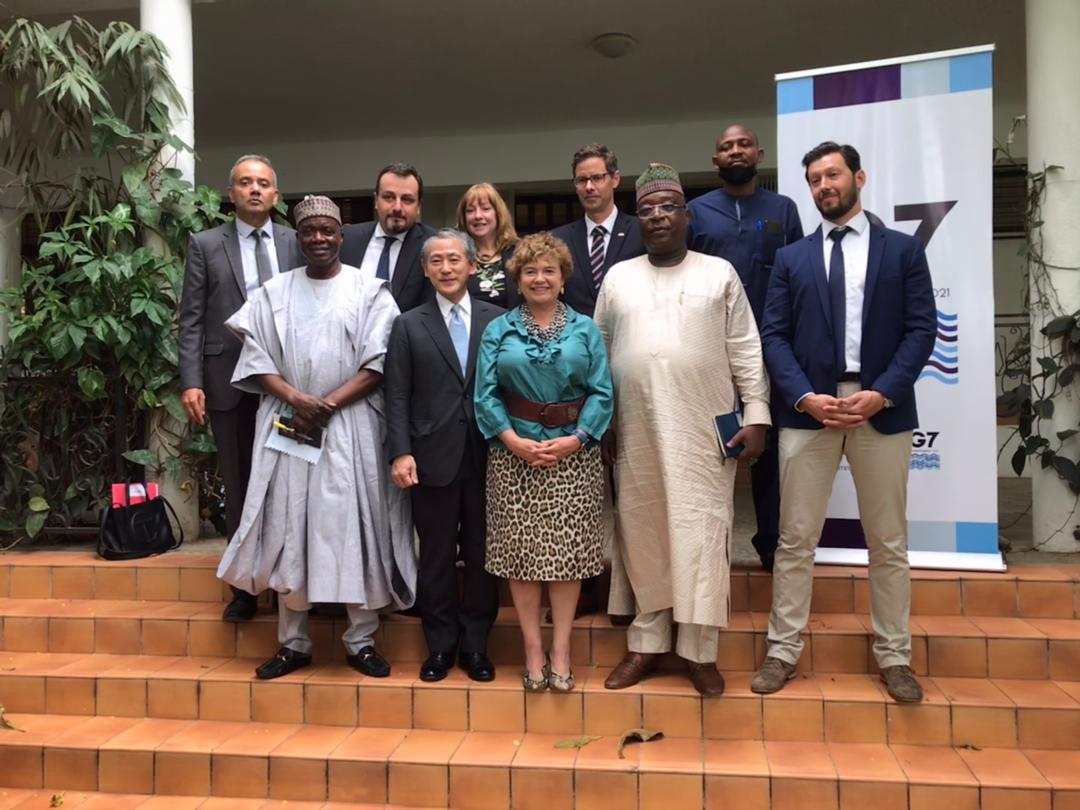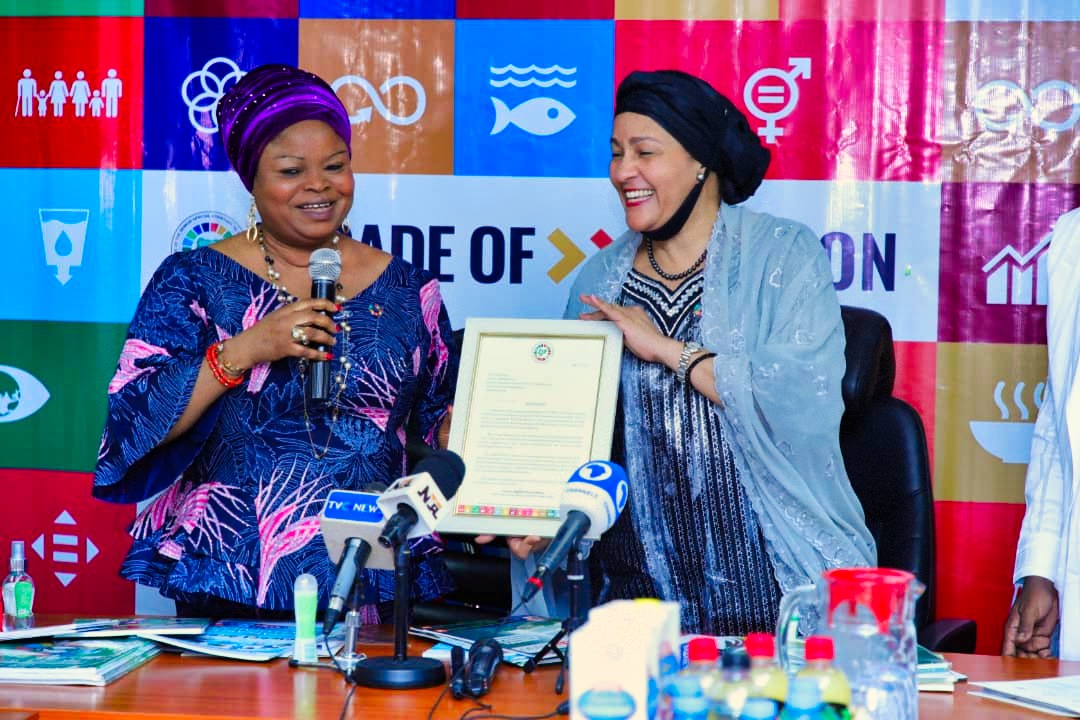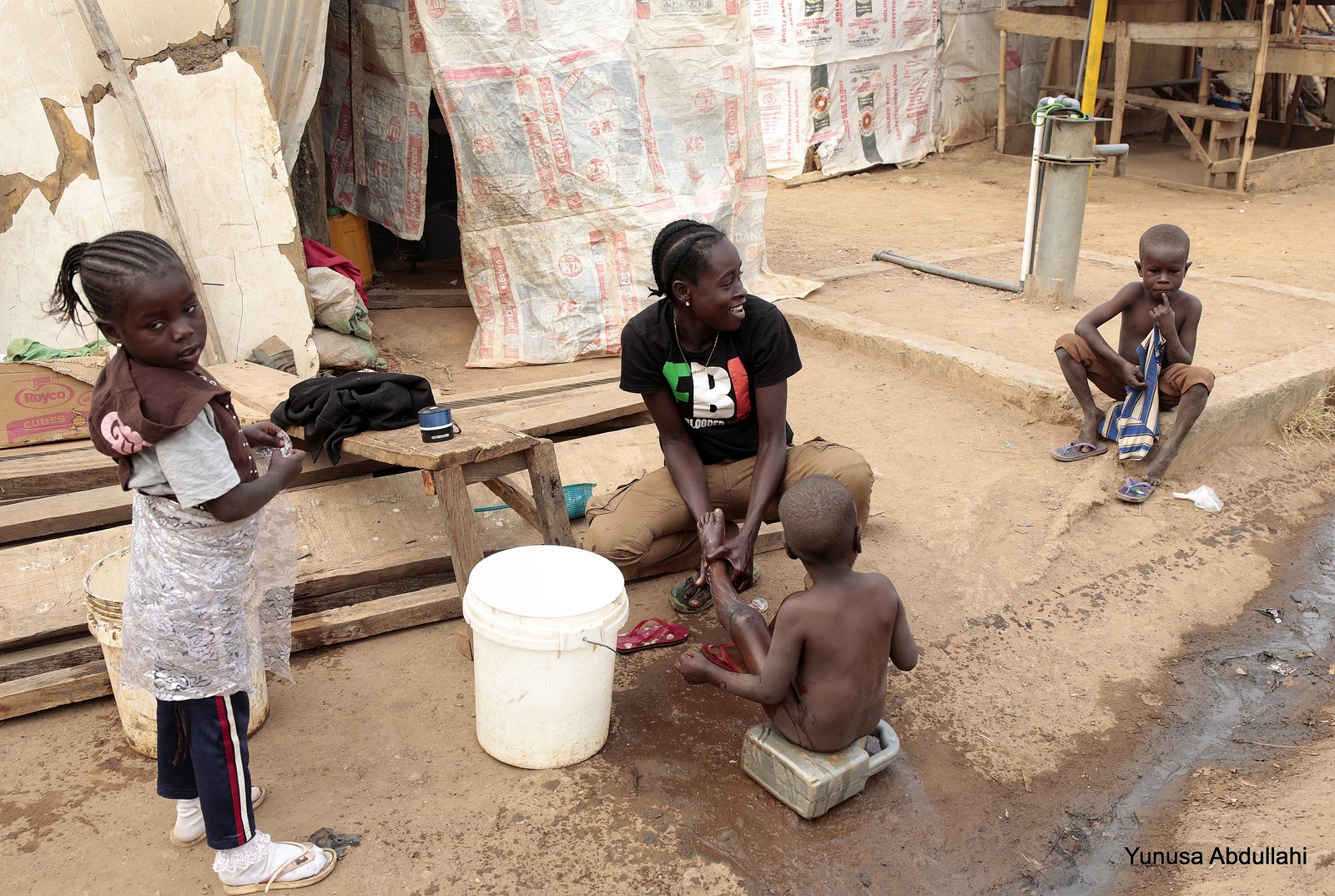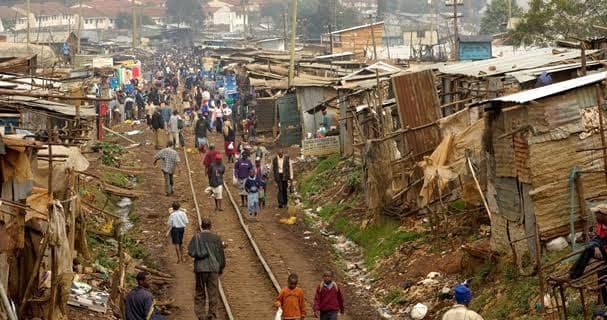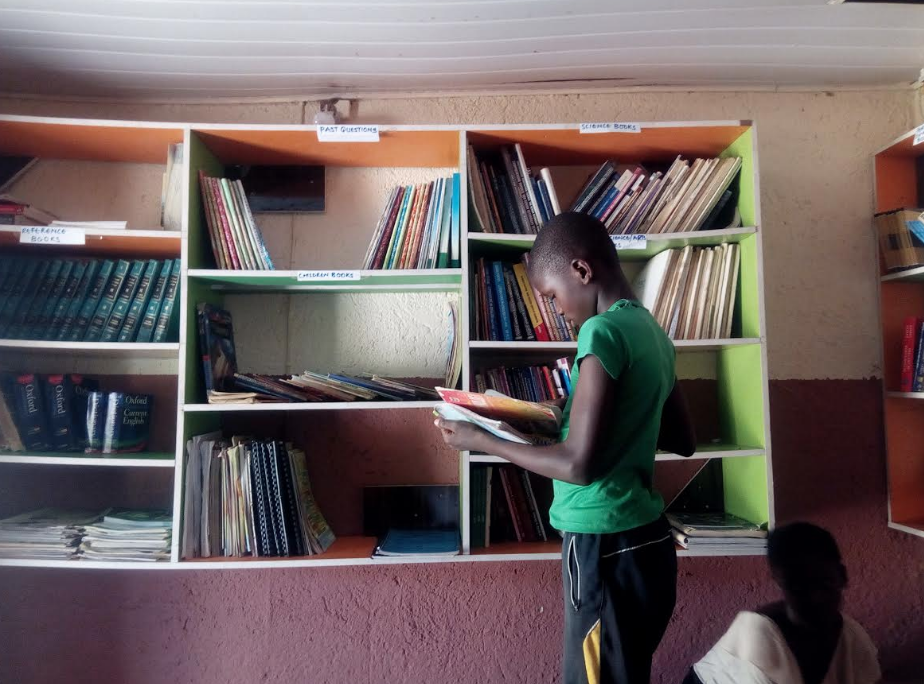Most of the women in Dama, Bosso LGA of Niger, have vehemently refused to enroll in family planning programmes.
They believe there is no reason to take part in a programme that will restrict their fertility capacity.
According to the World Health Organisation (WHO) “family planning allows individuals and couples to anticipate and attain their desired number of children and the spacing and timing of their births. It is achieved through the use of contraceptive methods and treatment of involuntary infertility”.
Despite these potential benefits, family planning is yet to achieve widespread acceptance in some Niger communities such as Dama, Beji, Busugi, Diko, and Bida.
Advertisement
“Why should we limit the number of children to procreate? Why should we rest before conceiving?” A group of women chorused during a chat with TheCable.
Ausi Yusuf, 20, has lived in Dama since she was born. She is married as a second wife with two children while her senior wife has seven.
Given the size of her protruded belly, her third child will arrive any day now — and Ausi says she will only stop procreating “when God says so”.
Advertisement
Speaking in Gbagi — one of the major languages in the state — Ausi told TheCable that she does not see herself enrolling in a family planning programme any time soon.
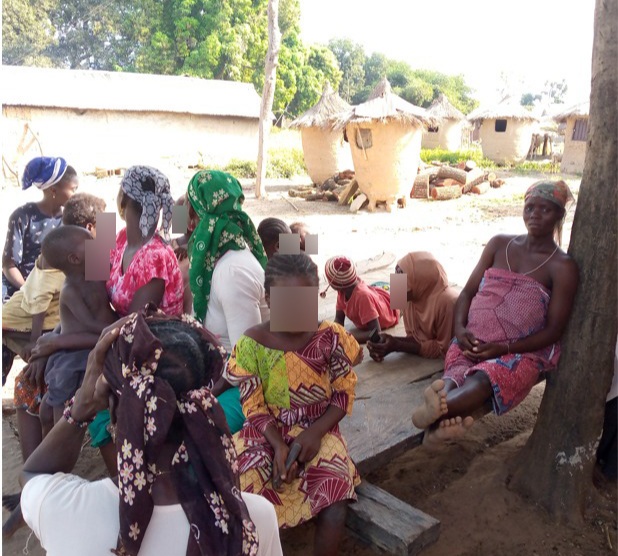
“I will not stop giving birth to more children until I have ten children at least,” she said.
As the rest of the women walked out of their houses and gathered under a tree in the compound of the Maianguwa (district head), Ausi tied her wrapper more firmly, and proceeded to join the others under a shady mango tree where they chatted and laughed boisterously.
Showing little interest, she reluctantly responded to the questions being asked of her.
Advertisement
Ausi admitted that she was once told about a programme on child spacing at the Gidan Mangoro clinic in Minna — but she has never envisaged being a part of it.
Her husband will never give his consent even if she is keen on it, Ausi said, with an evident assuredness.
“When a woman rests for a long period because of child spacing, I heard the process of conceiving, carrying another pregnancy, and labour gets more excruciating. I will not do it,” she added.
“It is better to finish giving birth to the number of children one desires at once, before going ahead to rest.”
Advertisement
Ausi believes that the more children a woman has, the less her workload will be during rainy season.
“I just started giving birth, I will not do any planning even if my husband agrees. Don’t you know that having more children will ease your work during damina (raining season)? Your children will help you do all the farm works”, she said.
Advertisement
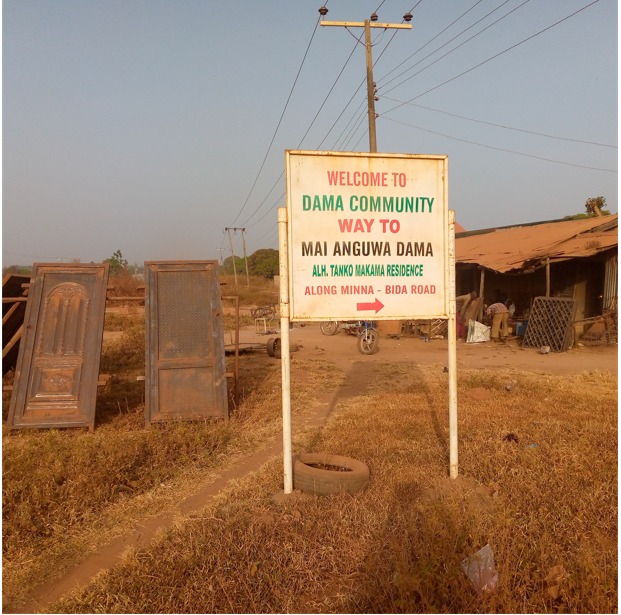
Tanko Makama, the district head of Dama community, explained that some health practitioners from the state hospital visited them over 10 years ago to sensitise them about family planning.
Advertisement
He explained that the same health facility subsequently invited him and few men from the village to a programme where they were educated on family planning.
“They invited me and some men in the community some years ago, they educated us about family planning and then asked us to allow our women to use the FP service,” he said.
Advertisement
But in the past few years, there haven’t been many outreaches or intervention efforts on the issue.
This absence of continuous sensitisation and infrequent intervention has made it difficult to make progress in turning the women of Dama to family planning believers.
TheCable had recently reported that the federal government says it will soon begin the distribution of self-injectable contraceptives in hard-to-reach areas, as part of efforts to strengthen family planning services in the country.
Olorunimbe Mamora, minister of state for health, had said the depot medroxyprogesterone acetate subcutaneous injection (DMPA-SC) will be distributed in places like Dama — where accessing family planning services are difficult.
A dose of the injectable contraceptive is said to prevent pregnancy for three months.
